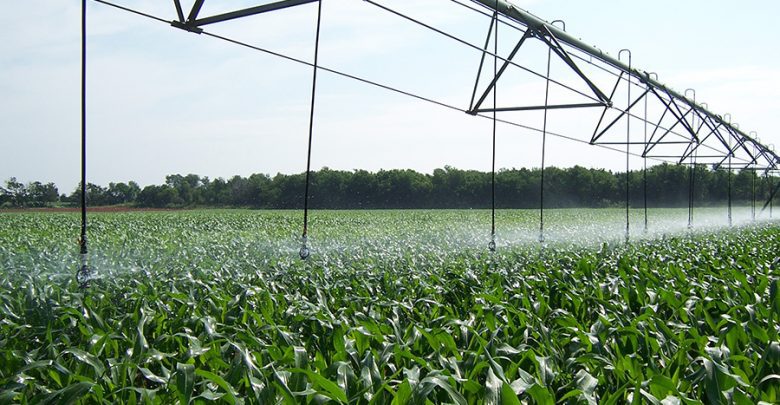Agric workers get a 40,49% salary increment

By Dumisani Nyoni
Workers in the general agriculture sector have been awarded a 40,49% wage increment, which will see the lowest paid employee getting $3 175 a month, not enough though to feed a family of five for a week.
According to the collective bargaining agreement seen by CITE, the highest paid employee would now get $6 350.
Before the adjustment, the least paid employee was earning $2 260.
Workers, however, described the new wage adjustment coming into effect from 1 October 2020 as “too little” to cushion them from the prevailing economic hardships.
“This is a mockery to say the least. How do they expect us to survive from this paltry salary? We are being treated as slaves by our employers,” one employee said.
“We are demanding a living wage, not this,” another worker said.
Inflationary pressures have seen the cost of living rising beyond the reach of many in Zimbabwe as prices of basic commodities have more than quadrupled in recent months, resulting in the poverty datum line for an average family of five rising to $17 244 in August this year.
In addition, the cost of living as measured by the Consumer Council of Zimbabwe, for a family of six, rose to $14 438 in August 2020.
The wage agreement, signed on October 23, was reached by the parties which included Zimbabwe Agricultural Employers Organisation, Zimbabwe Commercial Farmers’ Union, Zimbabwe Farmers’ Union, Commercial Farmers’ Union, Zimbabwe Tobacco Association on the employers’ side and the General Agriculture and Plantation Workers’ Union of Zimbabwe as well as the Horticulture, General Agriculture and Plantation Workers’ Union of Zimbabwe on the employees’ side.
“An establishment or employees to the National Employment Council within 14 days for an exemption or partial exemption from paying wages set up in the above schedule, stating the reasons why that application should be considered,” it reads.
Zimbabwe’s economy is agro-based but surprisingly, workers in the sector are wallowing in abject poverty.






